Home>Ideas and Tips>Smart Irrigation Systems and Water-Saving Garden Technology
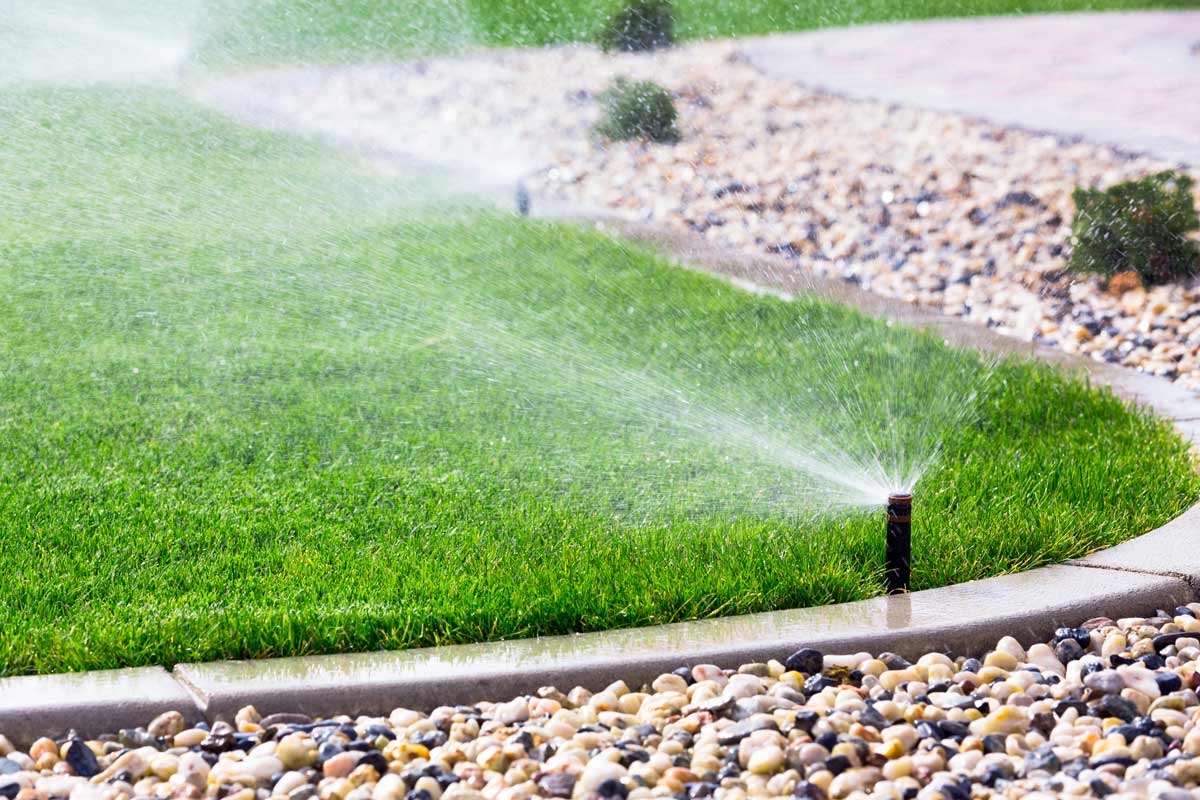

Ideas and Tips
Smart Irrigation Systems and Water-Saving Garden Technology
Modified: October 28, 2024
Discover the benefits of smart irrigation systems for water-saving garden technology. Learn how to conserve water and enhance plant health efficiently.
(Many of the links in this article redirect to a specific reviewed product. Your purchase of these products through affiliate links helps to generate commission for Storables.com, at no extra cost. Learn more)
In today's world, where water conservation is becoming increasingly important, smart irrigation systems have emerged as a revolutionary solution for gardeners and homeowners. These advanced systems not only help in saving water but also ensure that your plants receive the right amount of moisture at the right time. In this article, we will delve into the world of smart irrigation systems, exploring their benefits, how they work, and the various types available in the market.
Benefits of Smart Irrigation Systems
Water Conservation
One of the primary benefits of smart irrigation systems is their ability to conserve water. By using sensors and weather data, these systems can detect when the soil is already moist and skip watering sessions that are not necessary. This reduces the overall water usage significantly, making them an ideal choice for areas where water scarcity is a concern.
Efficient Watering
Traditional irrigation methods often involve setting timers or relying on manual checks, which can lead to overwatering or underwatering. Smart irrigation systems eliminate this guesswork by providing real-time data on soil moisture levels and adjusting the watering schedule accordingly.
Reduced Energy Consumption
Many smart irrigation systems come with energy-efficient controllers that can be programmed to operate during off-peak hours when electricity rates are lower. This not only saves you money on your utility bills but also reduces the strain on the power grid.
Enhanced Plant Health
Proper watering is crucial for plant health. Smart irrigation systems ensure that plants receive the right amount of water at the right time, which can lead to healthier and more robust plants.
Increased Property Value
A well-maintained garden with efficient irrigation can significantly increase your property's value. Smart irrigation systems are seen as a modern and sustainable feature that appeals to potential buyers.
Ease of Use
Most smart irrigation systems come with user-friendly interfaces that allow you to monitor and control your irrigation schedule from your smartphone or tablet. This makes it easy to manage your garden even when you're away from home.
Customization Options
Smart irrigation systems offer various customization options based on different types of plants, soil conditions, and weather patterns. This ensures that each plant receives optimal care tailored to its specific needs.
How Smart Irrigation Systems Work
Smart irrigation systems typically consist of several key components:
Sensors
Soil moisture sensors are the heart of any smart irrigation system. These sensors measure the moisture levels in the soil and send this data to the controller. There are different types of sensors available, including capacitance sensors, resistance sensors, and tensiometers.
Controllers
The controller is the brain of the system and processes data from the sensors to determine when it's time to water. It can be programmed to follow specific schedules or adjust based on real-time data from the sensors.
Valves and Pumps
Valves and pumps are responsible for distributing water throughout your garden according to the schedule set by the controller.
Weather Stations
Many advanced smart irrigation systems include weather stations that provide real-time weather data such as rainfall, temperature, and humidity levels. This information helps in making informed decisions about watering schedules.
Mobile Apps
Most modern smart irrigation systems come with mobile apps that allow you to monitor and control your irrigation system remotely using your smartphone or tablet.
Types of Smart Irrigation Systems
There are several types of smart irrigation systems available in the market, each catering to different needs and budgets:
Zone-Based Systems
Zone-based systems divide your garden into different zones based on plant types or soil conditions. Each zone has its own set of sensors and valves that can be controlled independently.
Drip Irrigation Systems
Drip irrigation systems deliver water directly to the roots of plants through a network of tubes and emitters. These systems are highly efficient as they reduce evaporation and runoff.
Sprinkler Systems
Sprinkler systems use overhead sprinklers to distribute water evenly across your garden. They are often used in larger gardens where zone-based systems might be impractical.
Hydroponic Systems
Hydroponic systems use nutrient-rich water rather than soil to grow plants. These systems require precise control over water levels and nutrients, making them ideal for smart irrigation technology integration.
Rain Sensors
Rain sensors detect rainfall and automatically pause or adjust the irrigation schedule accordingly, ensuring that plants do not receive excessive water during rainy periods.
Solar-Powered Systems
Solar-powered systems use renewable energy sources like solar panels to power their controllers and other components, reducing reliance on electricity grids and lowering operational costs.
Wireless Systems
Wireless systems eliminate the need for complex wiring by using wireless communication protocols between sensors, controllers, and valves, making installation easier and more flexible.
Installation and Maintenance Tips
While smart irrigation systems are designed to be user-friendly, proper installation and maintenance are crucial for optimal performance:
Choose the Right Sensors
Select sensors that are compatible with your specific soil type (e.g., clay, sandy) as well as the type of plants you're growing (e.g., vegetables, flowers).
Position Sensors Correctly
Place sensors at appropriate depths in the soil to get accurate readings; usually around 6-8 inches deep for most plants.
Program Your Controller
Set up your controller according to your specific needs; consider factors like plant growth stages, weather patterns, and seasonal changes when programming schedules.
Regularly Check Sensors
Periodically check sensor readings to ensure they're functioning correctly; replace them if necessary as they may degrade over time due to exposure to elements like rain or sunlight.
Update Firmware Regularly
Keep your system's firmware up-to-date with the latest software updates provided by manufacturers; these updates often include bug fixes and new features that enhance performance.
Monitor System Performance
Regularly monitor system performance using mobile apps or web interfaces; adjust settings based on observed trends or issues encountered during operation.
Clean Valves & Pumps Regularly
Clean valves & pumps regularly to prevent clogging which could lead to inefficient water distribution & reduced system lifespan
Case Studies & Success Stories
Several case studies demonstrate the effectiveness of smart irrigation systems in real-world scenarios:
Agricultural Farms
Large agricultural farms have seen significant reductions in water consumption by implementing smart irrigation systems which optimize watering schedules based on soil moisture levels & weather forecasts
Residential Gardens
Homeowners have reported healthier plants & reduced water bills thanks to precise control over irrigation schedules provided by these advanced systems
Commercial Landscaping
Commercial landscaping companies use smart irrigation systems to maintain lush greenery while minimizing environmental impact
Community Gardens
Community gardens benefit from shared resources like weather stations & sensor networks which help manage collective watering needs efficiently
Conclusion
Smart irrigation systems represent a significant leap forward in modern gardening technology by combining cutting-edge sensors with intuitive controls to create efficient yet customizable solutions tailored specifically towards individual needs whether it's residential or commercial applications alike By embracing this technology not only do we contribute towards sustainable practices but also ensure optimal plant health resulting ultimately higher yields productivity overall!
In conclusion while traditional methods still hold value especially smaller scale operations integrating smart technologies offers unparalleled advantages making them indispensable toolset modern-day gardeners alike So why wait? Dive into world smart irrigation today experience transformative difference yourself firsthand!
Was this page helpful?
At Storables.com, we guarantee accurate and reliable information. Our content, validated by Expert Board Contributors, is crafted following stringent Editorial Policies. We're committed to providing you with well-researched, expert-backed insights for all your informational needs.
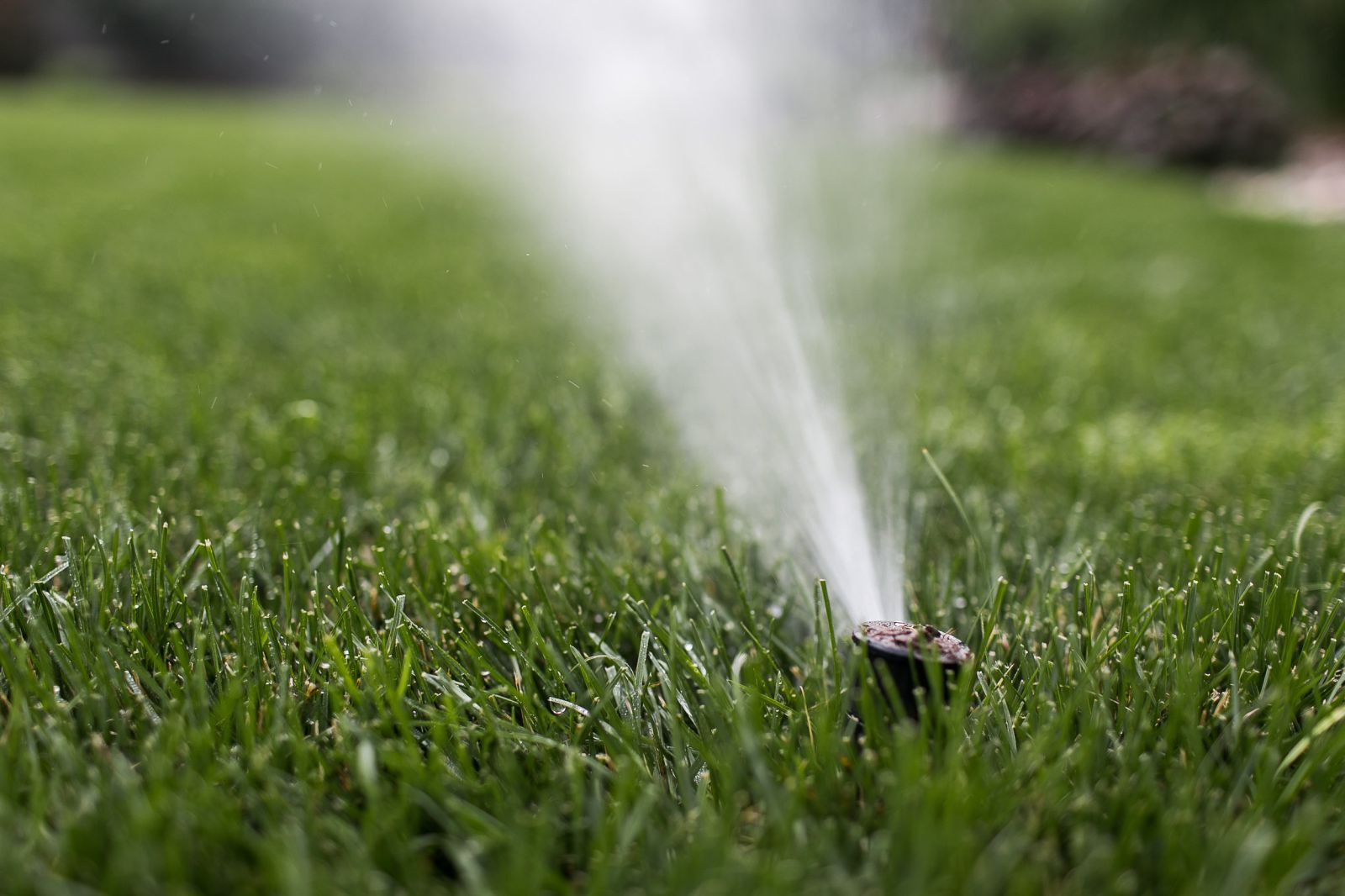

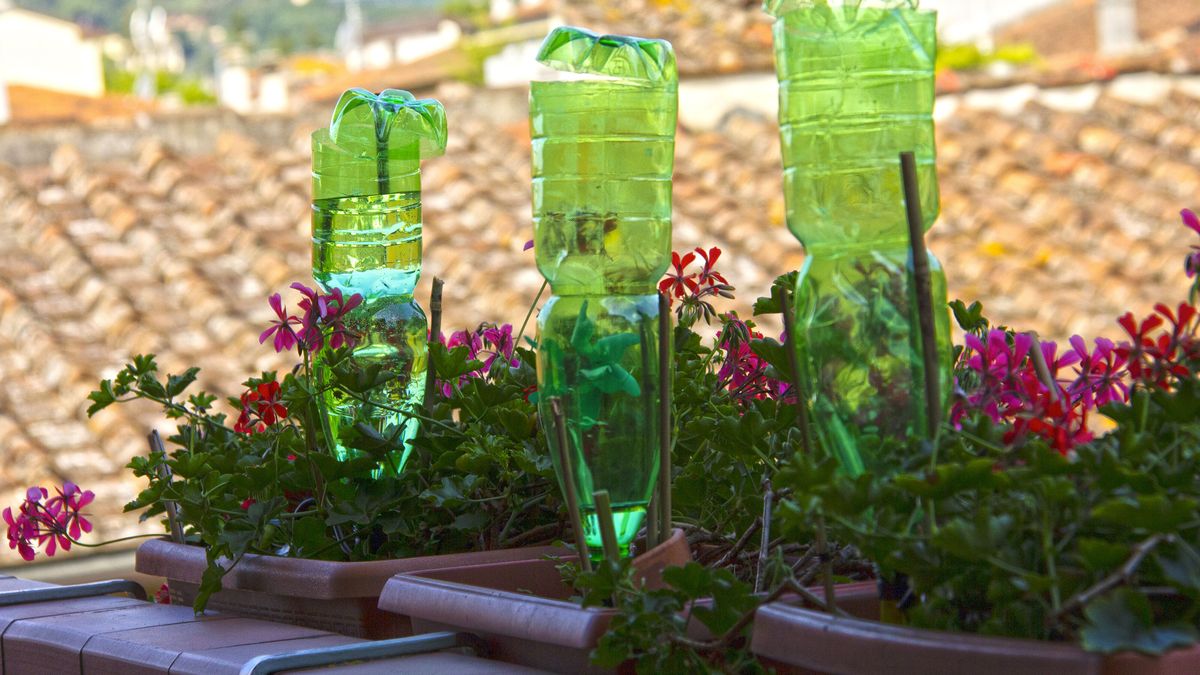
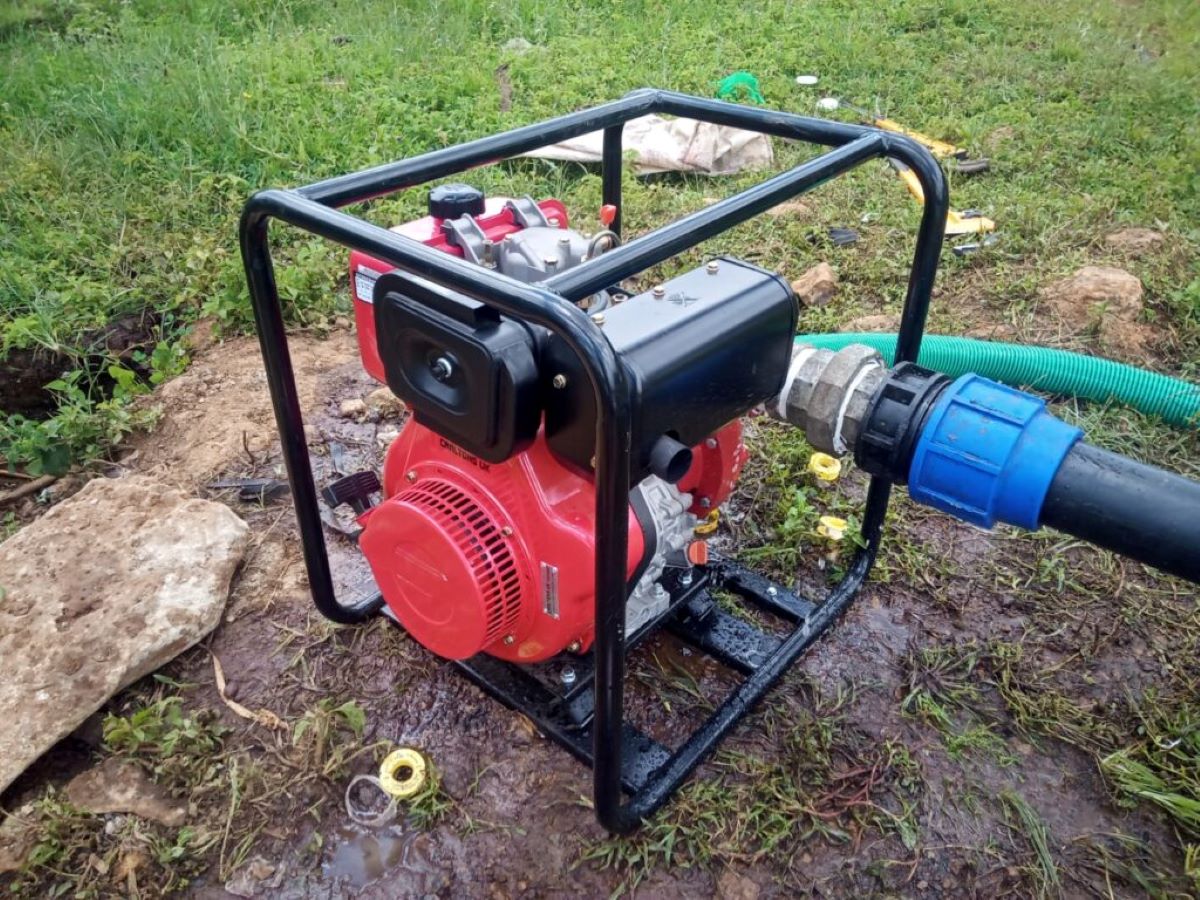
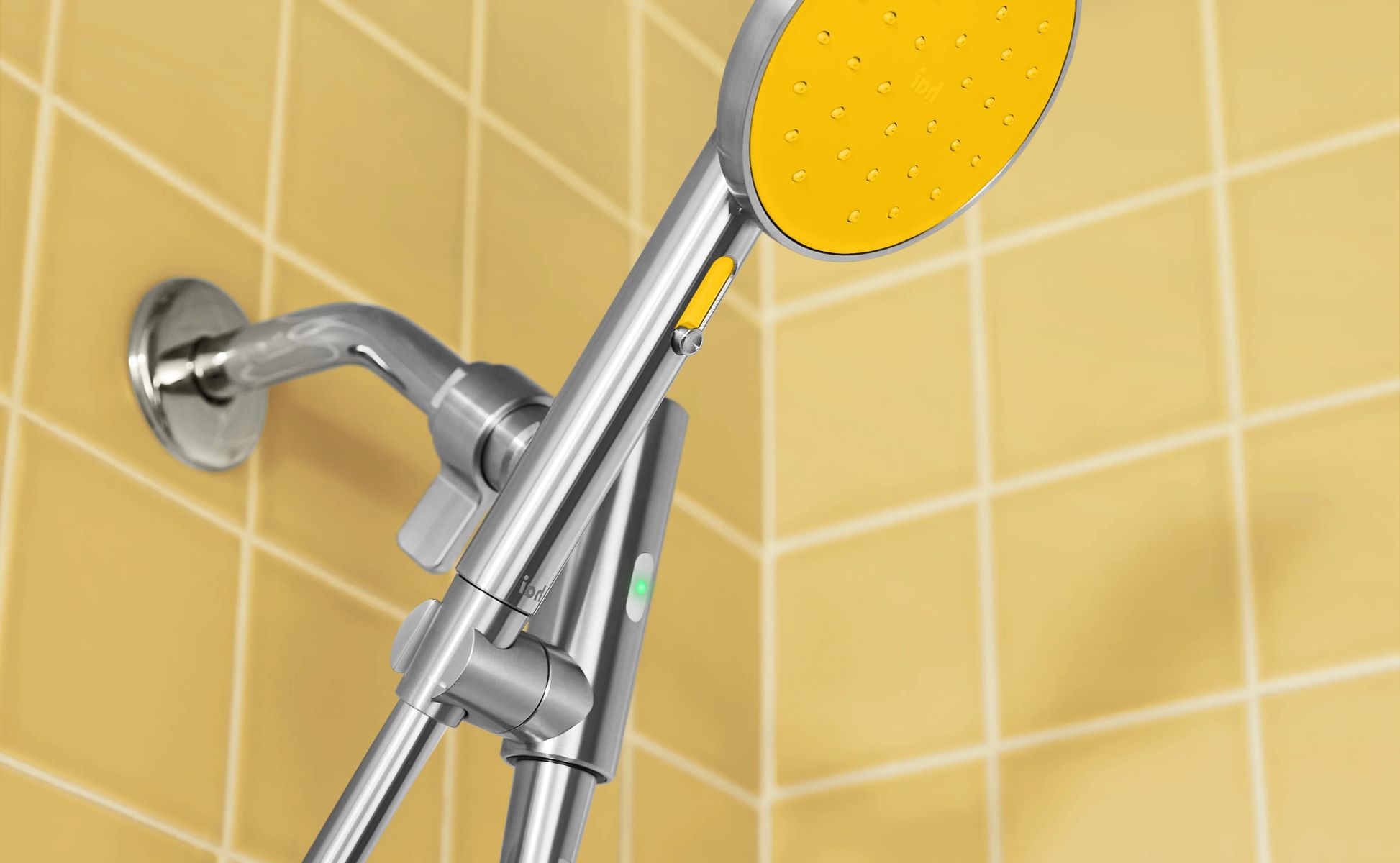
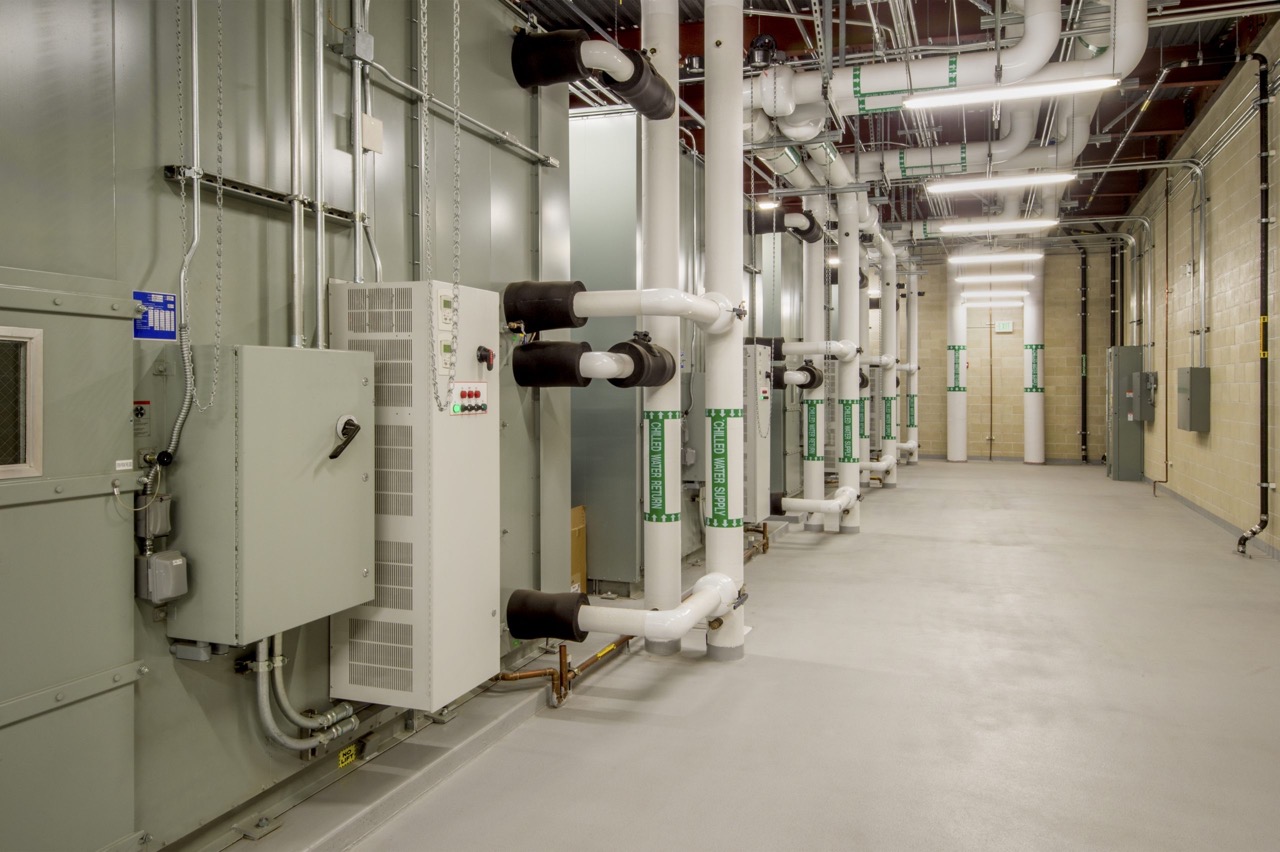
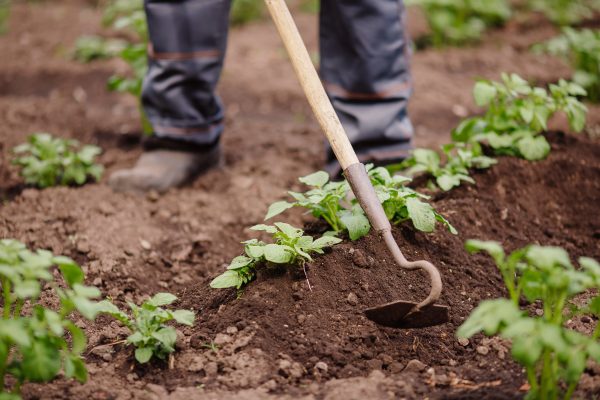
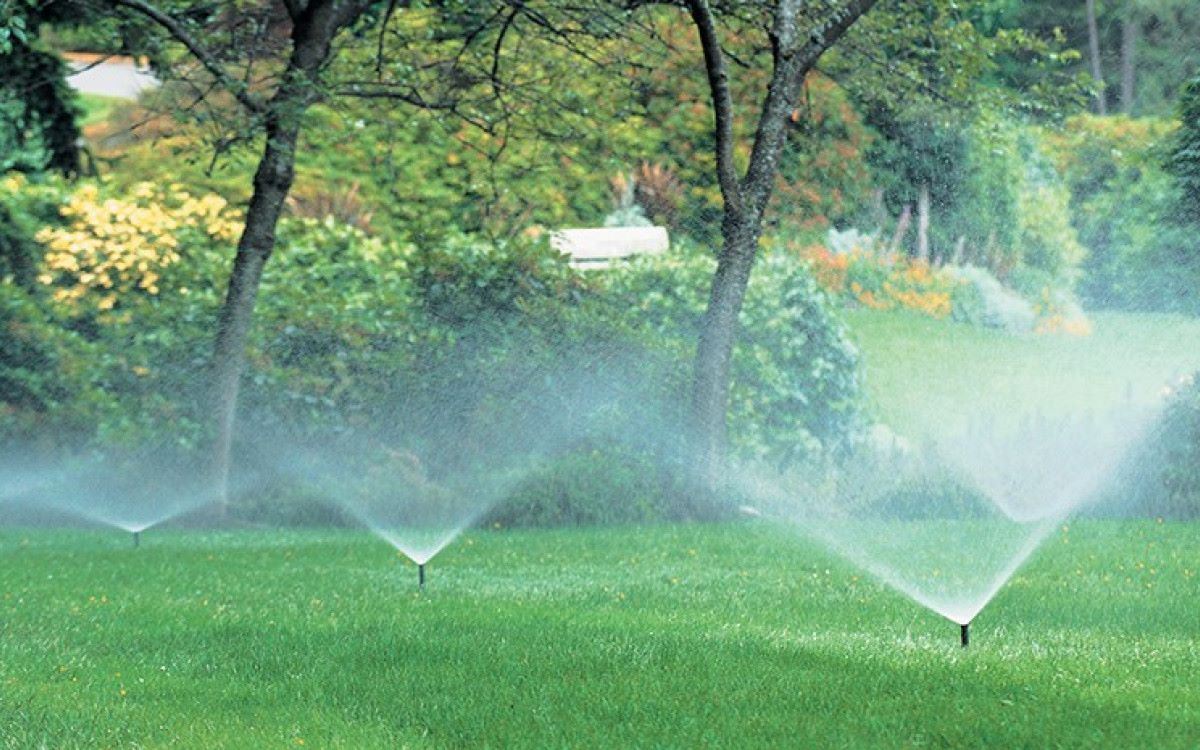
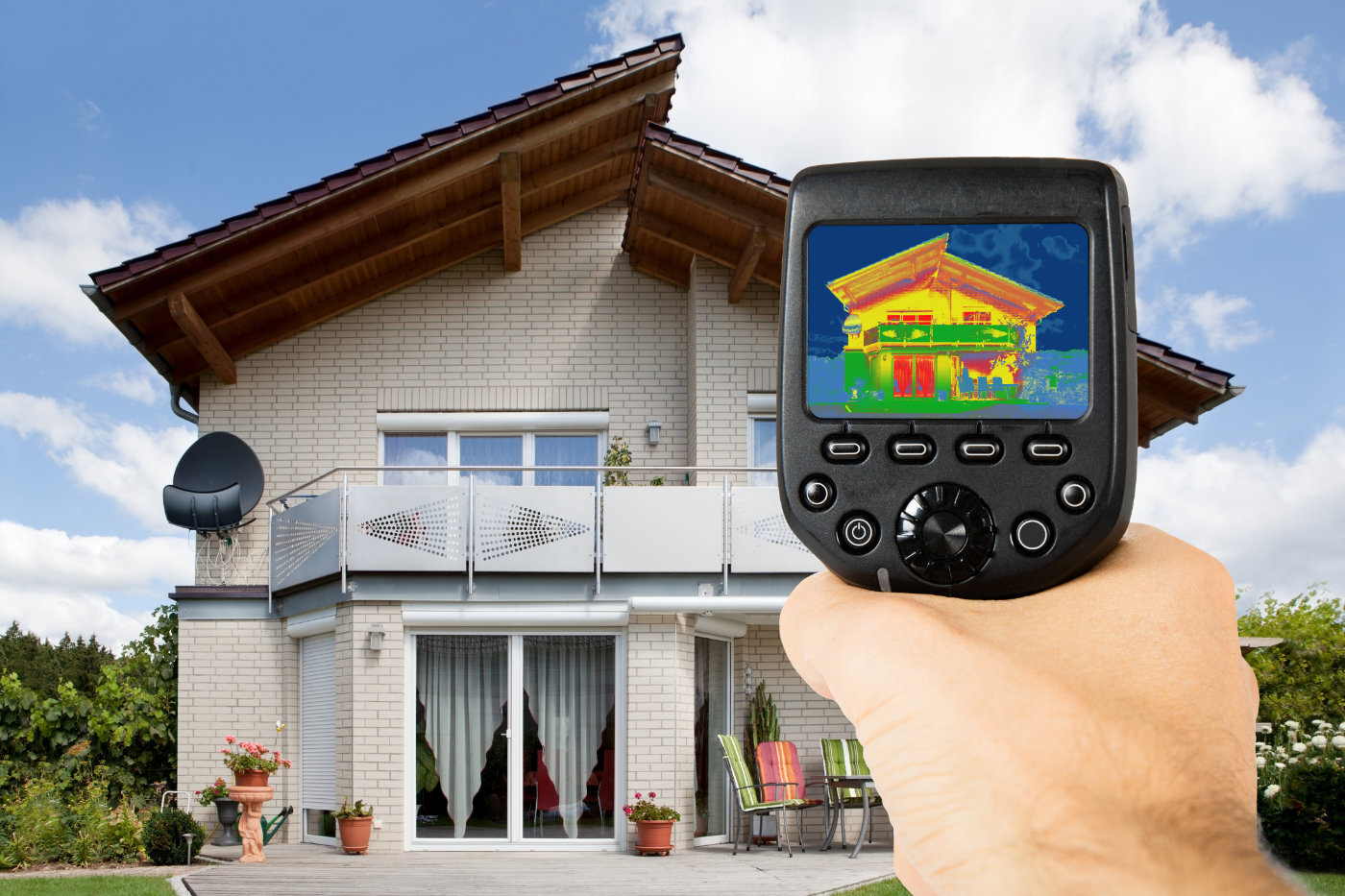

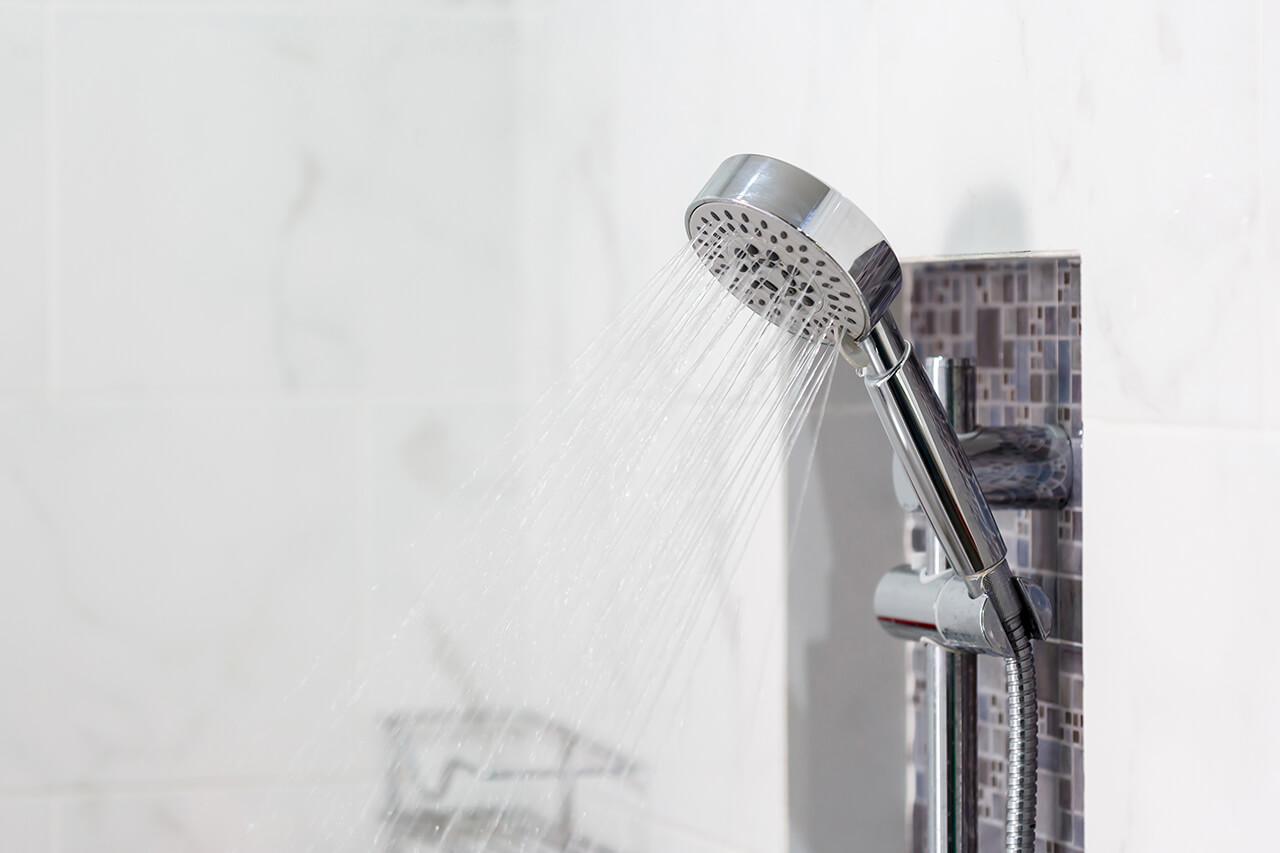
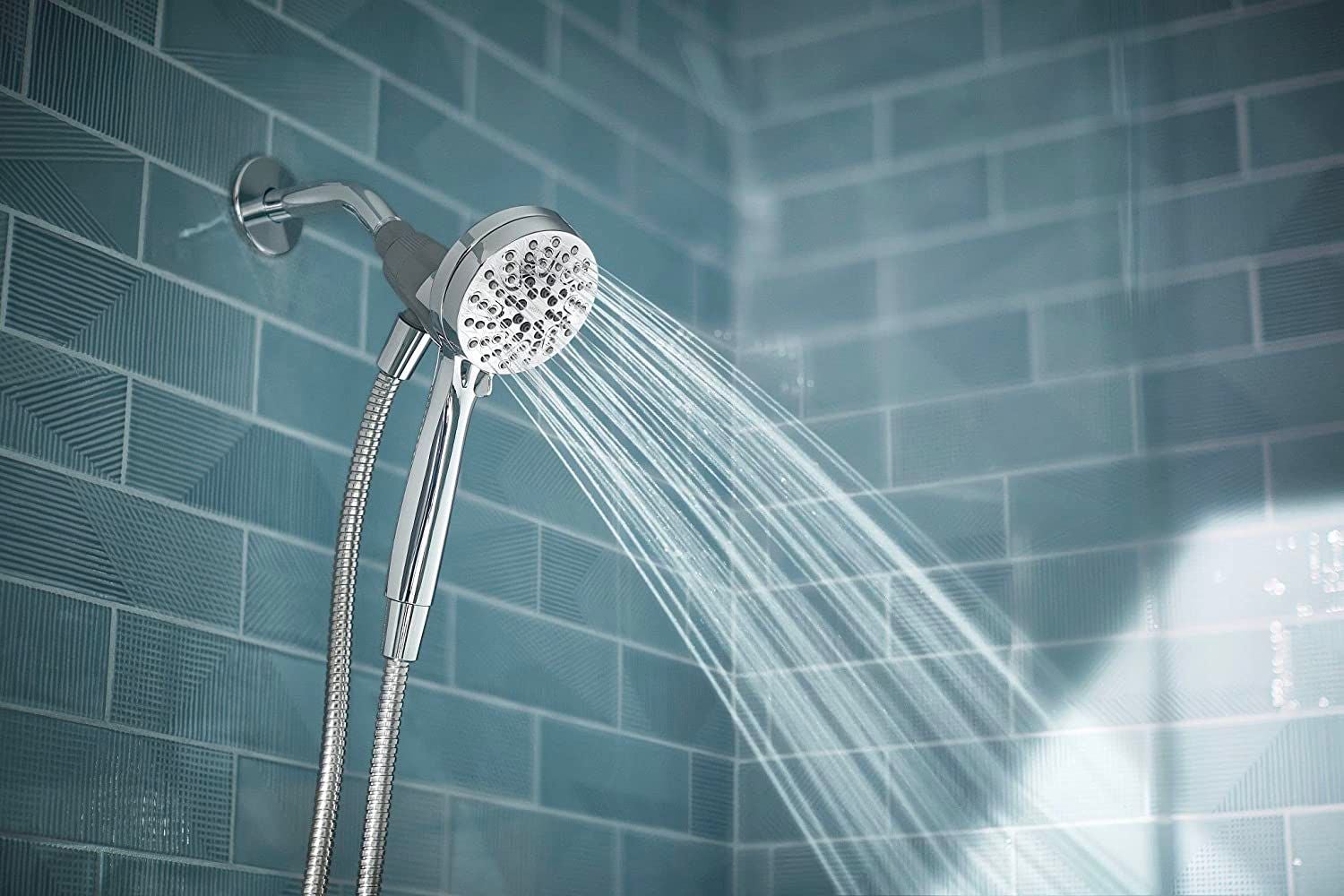
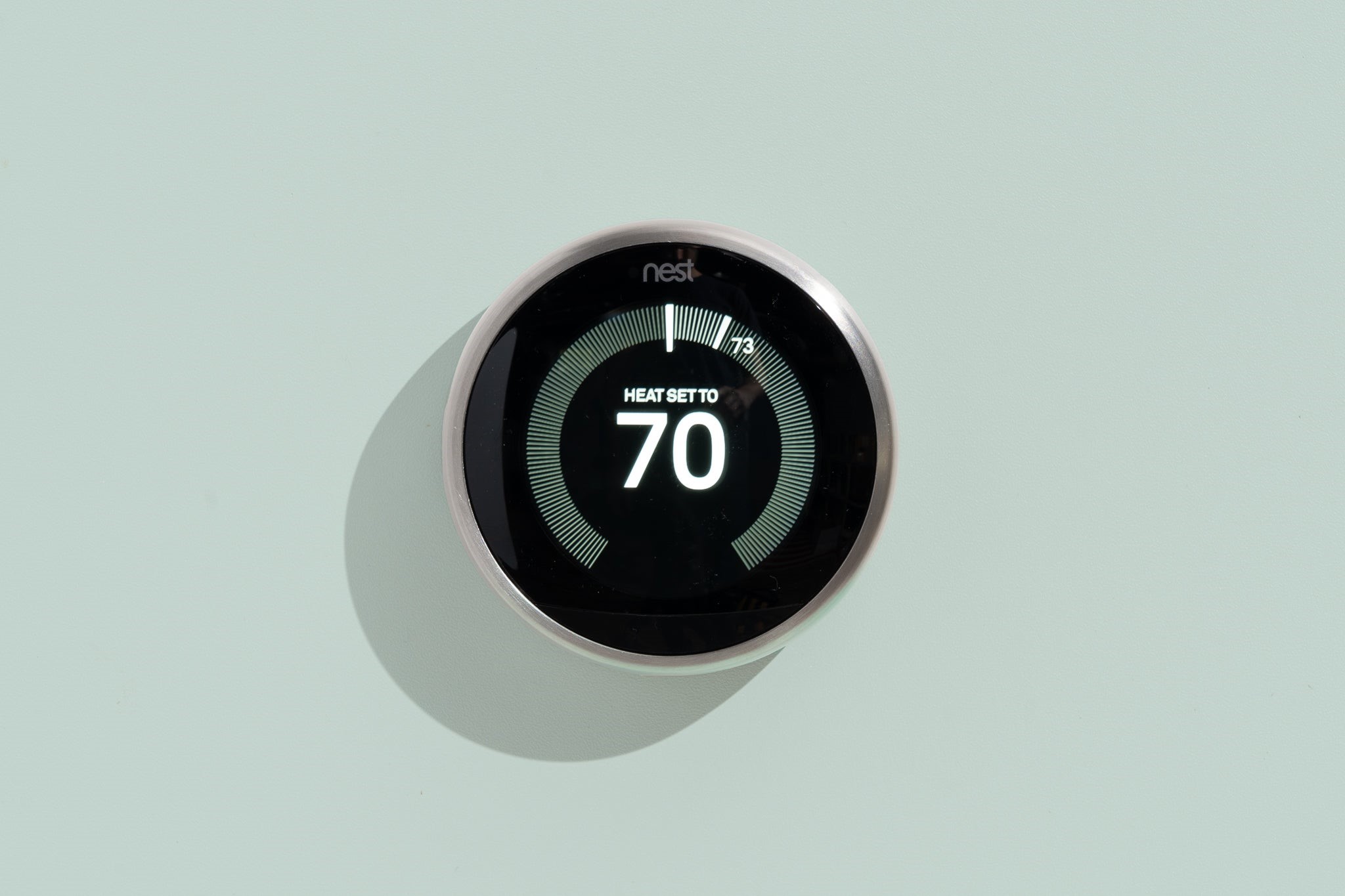
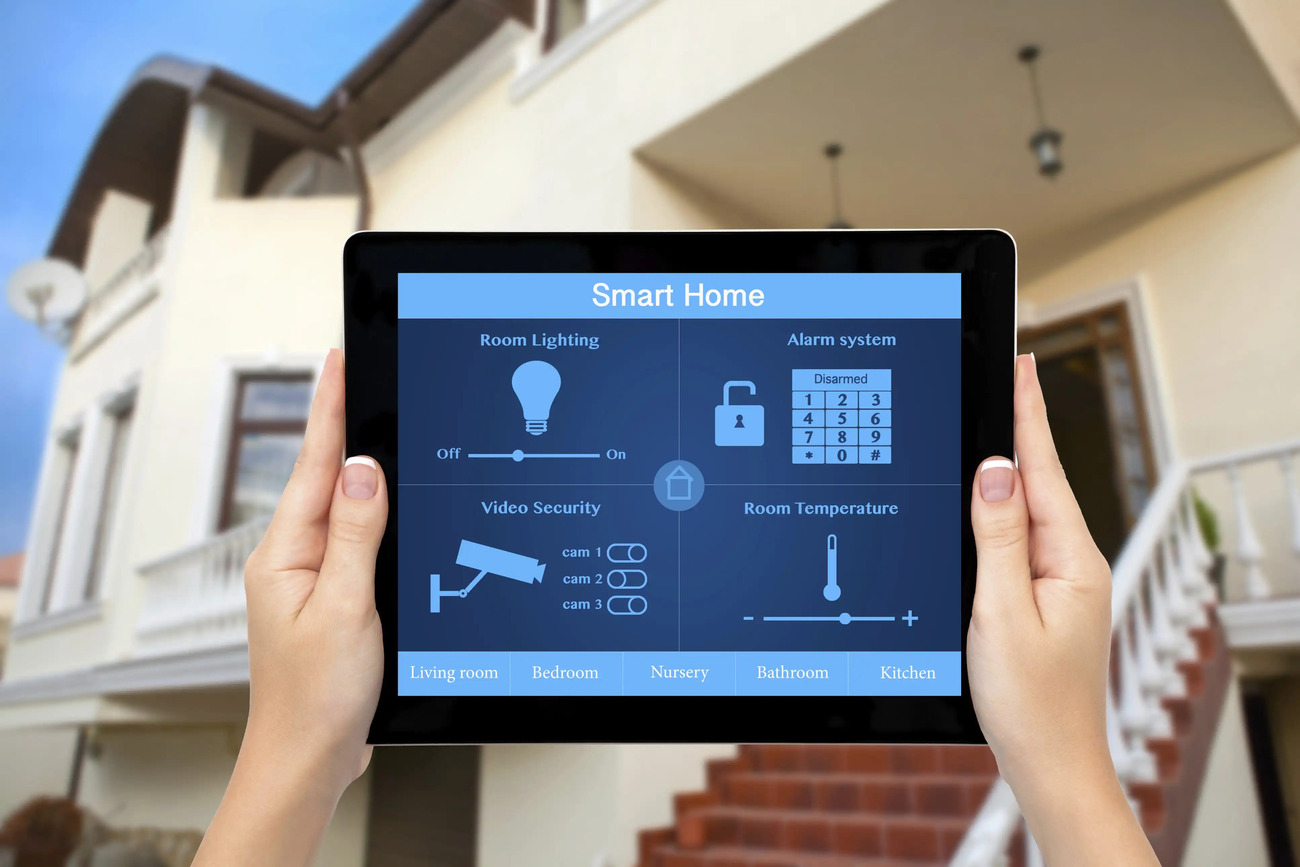

0 thoughts on “Smart Irrigation Systems and Water-Saving Garden Technology”